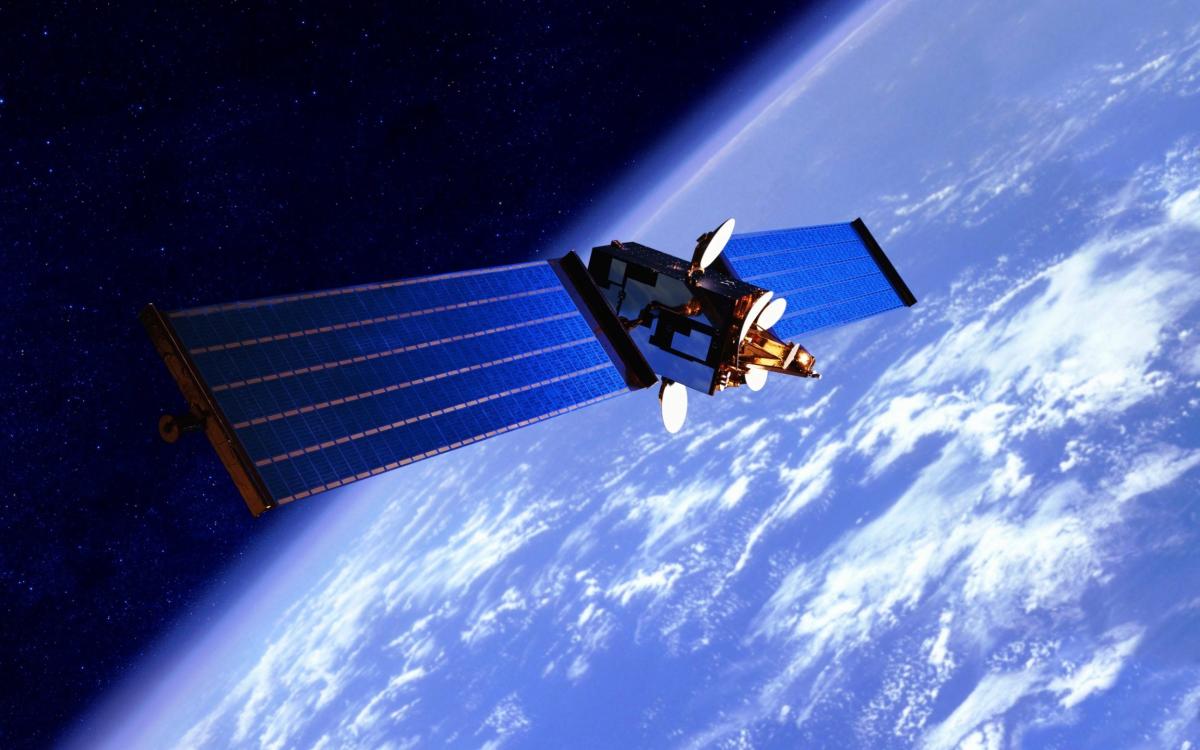- Joined
- Aug 8, 2005
- Messages
- 69,443
- Reaction score
- 53,863
- Location
- Los Angeles
- Gender
- Male
- Political Leaning
- Undisclosed
It sounds like, from this article, that the universe is predisposed towards evolving life, just not merging it on planetary scales.

There's a reason why aliens haven’t visited Earth yet, say scientists
The Fermi paradox questions why aliens have never visited Earth despite the Universe being so old and so vast that races should have evolved interstellar travel and come calling by now.news.yahoo.com
According to a new hypothesis posed by Dr Wong and Dr Bartlett: “We propose a new resolution to the Fermi paradox: civilizations either collapse from burnout or redirect themselves to prioritizing homeostasis, a state where cosmic expansion is no longer a goal, making them difficult to detect remotely.
“Either outcome — homeostatic awakening or civilization collapse — would be consistent with the observed absence of (galactic-wide) civilizations.”
The pair argue that the general principles of life are universal and that although the emergence and evolution of life on other planets remains speculative, it may be inevitable.
A million years worth of rise and fall of intelligent species and their civilizations and their eventual extinction is but the blink of an eye when measured in galactic terms.
There's just never enough time and animal life forms are too fragile and short lived.



